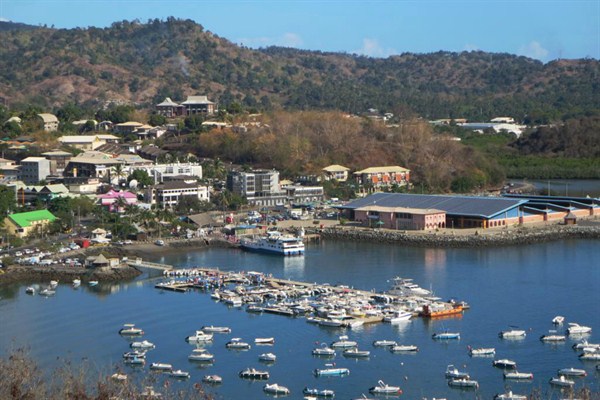Denunciations of French President Francois Hollande’s government know no geographic boundaries these days. In Paris, students are protesting a labor reform bill; in Mali, demonstrators ransacked an airport, decrying arrests made by French forces there. And since March 30, strikes and protests have paralyzed the French department and former colony of Mayotte, as residents demand “real equality” with the rest of France.
Mayotte, an archipelago in the Indian Ocean situated between Madagascar and Mozambique, is one of France’s overseas departments; its residents are French citizens with parliamentary representation. But in many ways, Mayotte is far behind other overseas departments and “metropolitan” France—the part of France that’s located in Europe, including Corsica.
Mayotte was offered independence from France in 1975 but refused, and instead became an overseas territory. Legally and administratively, French territories enjoy less autonomy than overseas departments, which can adapt French laws and regulations to their local needs.* In turn, departments—as fully integrated parts of France—pay higher taxes, have all French public institutions and are part of the European Union.

